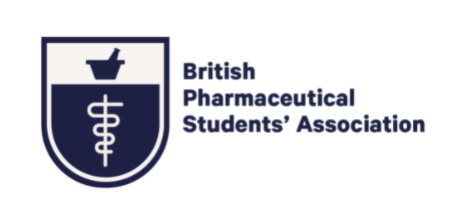CPPE - Documenting in patient clinical records
Documentation in clinical records is becoming increasingly important with integration and independent prescribing.
The NHS Long Term Plan sets out the delivery of healthcare services over the next ten years, with an aim of providing healthcare through integration of social services.1 Pharmacy professionals are an integral part of this plan, working in GP practices and care homes alongside traditional roles of secondary care, community practice and commissioning. As integration increases, there is a need to ensure documentation in patient records meets national standards, to ensure clear communication between healthcare professionals working in different sectors.
This programme will support you with documenting clinical records that help address challenges involved in transfer of care between different healthcare sectors and enable continuity of patient care within local integrated services.
This skill is required for independent prescribing- specifically standard 20, which is to “Create and maintain appropriate records which ensure safe and effective care and align with relevant legislation.”2 You willingly need to provide evidence of your ability to do this to become an independent prescriber.
Why this is important for future pharmacists
Good record keeping facilitates continuity of care, patient safety and evidence-based practice. It is also important for clinical governance which includes enabling auditing and quality monitoring which are becoming increasingly important in the NHS. From a medicolegal perspective, recording keeping is also important to justify professional decision making if there was an investigation or claim of negligence.
About this programme
This programme will support you with documenting in patient clinical records to enable continuity of patient care in integrated local services.
On completion of all aspects of this learning programme you should be able to:
· Summarise the legal and regulatory requirements for patient clinical records
· Describe the information required for clear, concise and appropriate patient clinical records
· Recognise the required structure expected when writing in patient clinical records
· Document details of patient consultations and clinical interventions concisely and accurately in patient clinical records.
Content includes information on consent required to record information. The programme covers the Records management code of practice for health and social care, for example what it means for information to be authentic, reliable, to have integrity and to be usable. The programme signposts you to resources that support you in knowing when to use acronyms and what common acronyms that you will find in medical notes mean. The programme supports the structure of clinical records entries using the SOAP mnemonic.
There are case studies that cover hospital, community pharmacy, general practice and care homes so we are confident that this will be relevant to your chosen sector of future practice.
To access this programme. If you already have a CPPE account,
login and go to go to https://www.cppe.ac.uk/programmes/l/clinical-e-02
If you do not have an account you can sign up on the CPPE website, this is quick and there is no charge for this.
Previously this programme was not part of the taster selection that pharmacy undergraduates could access without charge and there was a cost of £15.00. Because this learning is so relevant to your future practice, we are now offering it without charge. To find a list of the other CPPE programmes that you can access now without charge, the CPPE Student Pharmacists guide.
References
1. NHS, NHS Long Term Plan, 2019
2. General Pharmaceutical Council, Standards for the education and training of pharmacist independent prescribers, January 2019

